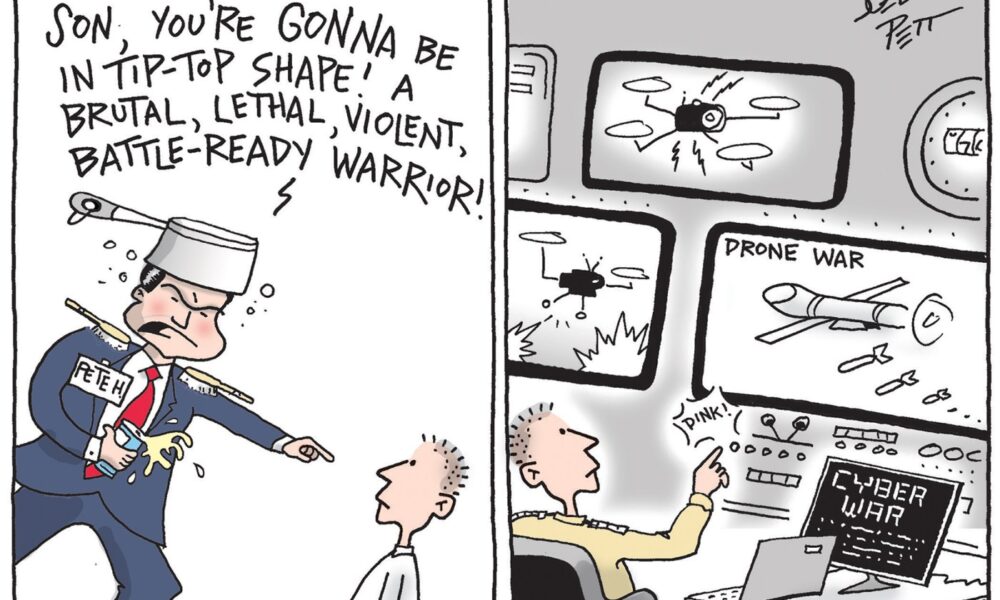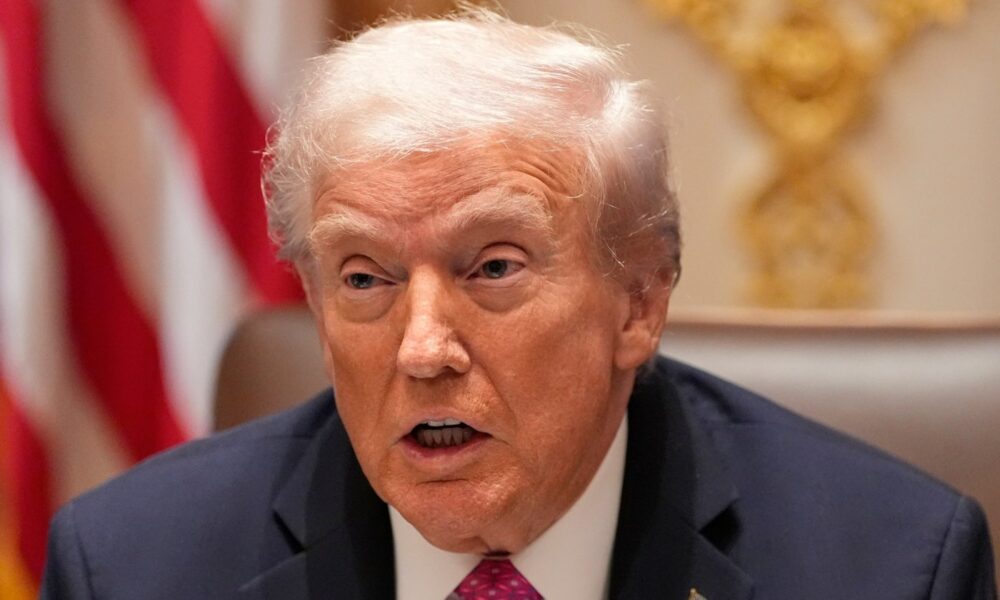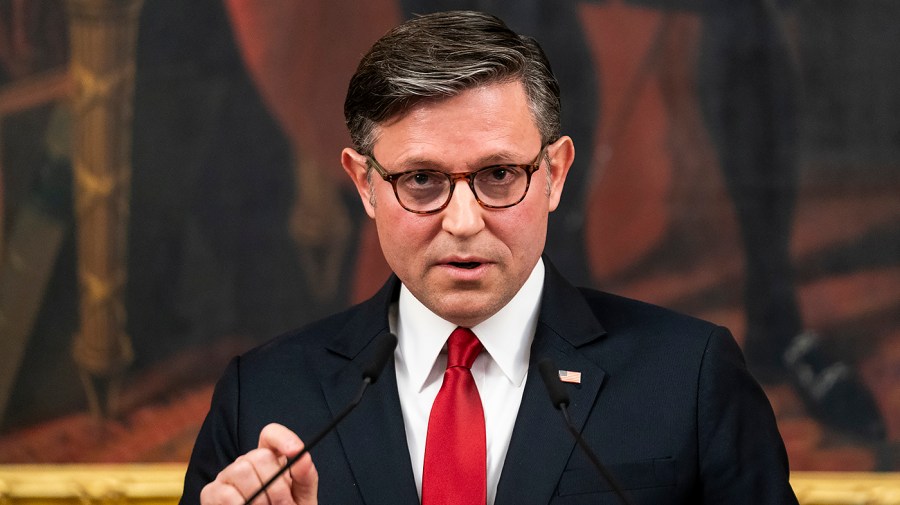President Donald Trump’s immigration policies are creating ripples across the American job market, affecting both low-wage laborers and skilled foreign workers. As the U.S. economy grapples with uncertainty, these measures threaten to exacerbate hiring challenges at a time when the demand for labor is already declining.
Immigrants play a crucial role in the American workforce, often filling positions that native-born citizens are less inclined to take, such as in agriculture and maintenance sectors. They also bring valuable technical skills and entrepreneurial spirit that have contributed significantly to the nation’s economic growth. The current immigration crackdown targets both ends of the employment spectrum, leading to the deportation of low-wage workers while simultaneously discouraging highly skilled professionals from considering the United States as a viable workplace.
Government Shutdown’s Economic Toll
The federal government shutdown is nearing its second-longest duration in history, with no resolution in sight. As of now, the shutdown has impacted approximately 1.3 million active-duty service members, who have received temporary relief. However, hundreds of thousands of federal civilian employees are facing furloughs, resulting in financial strain for many families.
The travel industry is also feeling the effects, with popular tourist destinations, including the Smithsonian museums in Washington, D.C., closing their doors. Air traffic controllers are in short supply in some cities, leading to delays and operational challenges. Prolonged shutdowns could further stifle economic growth and create additional burdens for American workers.
U.S. Stands Against Global Shipping Emission Fees
In a significant move against international environmental regulations, the United States has blocked a proposed global fee on shipping emissions, following the conclusion of a maritime meeting. This decision comes after President Trump urged nations to oppose the regulations aimed at reducing the shipping industry’s reliance on fossil fuels.
The International Maritime Organization had been discussing measures to impose fees on emissions exceeding allowable limits, which currently account for about 3% of global emissions. The failure to adopt new measures reflects a broader reluctance to impose stricter environmental standards on the maritime sector.
Wall Street has seen a mixed week, with the S&P 500 rising 0.5% on Friday, marking its best performance in two months. Despite this, concerns linger regarding the financial health of regional banks, particularly after several institutions reported significant write-offs of bad loans. The KBW Bank Index has fallen 7% this month, highlighting investor apprehension.
H-1B Visa Fee Lawsuit and Gold Prices Surge
The U.S. Chamber of Commerce has filed a lawsuit against the Trump administration over a newly imposed annual fee of $100,000 for H-1B visa applications. The organization argues that this fee is unlawful and detrimental to U.S. businesses. The lawsuit seeks to block the enforcement of the charge, which the administration claims is necessary to prevent employers from replacing American workers with cheaper foreign talent.
In the commodities market, gold prices have surged, reaching over $4,300 for the first time this week. This increase reflects a growing trend of investors seeking safe havens amid economic uncertainty, including the ongoing government shutdown and global trade tensions.
As the shutdown continues, millions of Americans who rely on the Affordable Care Act marketplace may face significantly higher costs. If Congress does not extend enhanced premium tax credits, individuals like Celia Monreal, a mother of five from Tyler, Texas, could struggle to afford healthcare coverage next year. With the shutdown entering its third week, the implications for health care access remain a pressing concern for many families.







